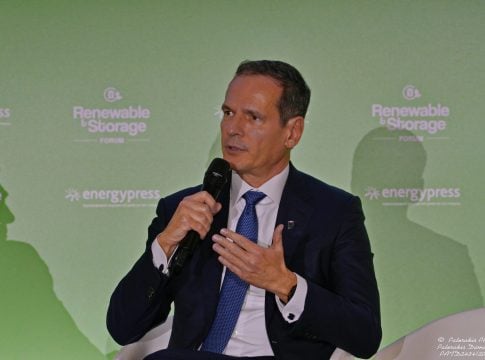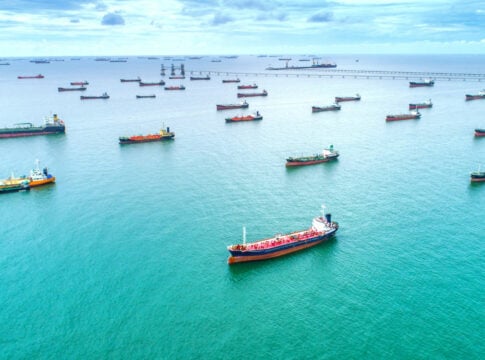“Greek coastal shipping is called upon to respond to the challenges of the modern era and adopt new technologies and practices,” Minister of Maritime Affairs and Insular Policy, Christos Stylianidis, said in a conference held by the Greek Shipowners Association for Passenger Ships (SEEN).
He also stressed the need for balanced state intervention, in order to ensure the sustainability of the sector and the provision of high-quality services to citizens.
Stylianidis presented the main directions of the ministry’s policy, which, as he stated, are based on two pillars: innovation and balanced intervention.
More specifically:
- Digital upgrading and protection of passenger rights: Aiming at enhancing transparency and providing better services to passengers, the ministry promotes the digitalization of procedures and the development of electronic services.
- Slot systems for the safe operation of ports: The implementation of slot systems will contribute to decongesting ports and increasing safety.
- Plan for green ships on barren routes: The ministry promotes an innovative model of public-private cooperation for the renewal of the fleet on rural routes with green ships.
- Master plan for the Aegean: A comprehensive plan for the evaluation of infrastructure and the development of coastal shipping in the Aegean.
- Maritime cluster: The creation of a maritime cluster will contribute to strengthening the competitiveness of Greek shipping and attracting investments.
- Upgrading maritime education: The ministry promotes the upgrading of maritime schools and the provision of modern educational programs.
Stylianidis pointed out that strengthening the sectors of shipbuilding and repair, with priority given to the energy upgrading of the existing fleet and the construction of new, environmentally friendly ships, is a key objective of the ministry.
At the same time, he committed to continuous efforts, through negotiations with European institutions and other partners, to ensure the improvement of the position of Greek coastal shipping and the maximization of European funding in key sectors.
“Shipping is at a critical crossroads, due to the green transition and geopolitical developments. We are determined to make Greek coastal shipping a modern, sustainable and competitive sector,” he said, placing emphasis on the need for cooperation between all stakeholders.















